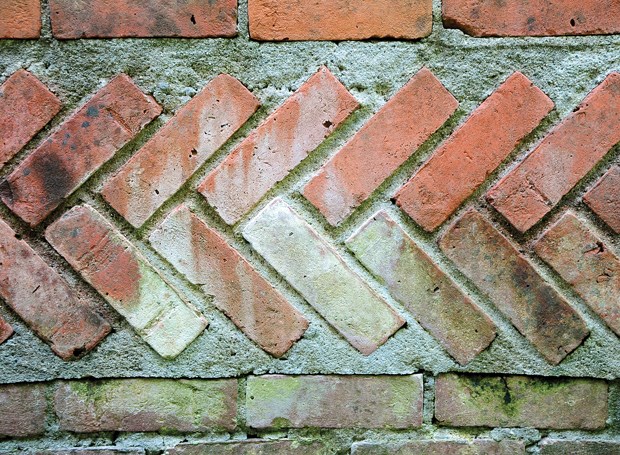Purchase just about any consumer product or service and some kind of warranty is usually offered by the seller.
But when it comes to landscaping your home, warranties are much less common.
In the case of hard landscaping for walkways, decks, patios, wooden structures and retaining walls, it's somewhat common for professional landscapers to offer warranties for those installations for the simple reason those design elements can be properly built from manufactured products and constructed to a specific performance standard. Performance standards are regularly used by most governments when tendering construction projects. As an example, the recent problems with the Sea to Sky Highway retaining walls that were supposed to be built to last 75 years but already show some minor cosmetic construction flaws. An example of a performance standard for a residential paving stone patio or Allan Block retaining wall might be written as: "Must perform to drain water to avoid failure during winter rains." Or, "the structure must not sink, shift, separate or heave within five years," or longer depending on your budget and needs. Such performance standards come with a price but those structures can be counted on to perform over the time period specified without failure. The landscape contractor can adapt construction techniques to build such structures to last for the time period specified.
For a paving stone patio to last for 10 years, all organic soil must be excavated and removed down to non-organic or undisturbed soil to prevent sinking of the patio. Then granular base material must be installed to replace the same depth of organic soil excavated, maybe more depending on design. The granular material must be mechanically compacted and a thin layer of sand is installed on top of the granular base and mechanically compacted. Then, paving stones are installed on top of the sand and compacted into the sand. And paving stone edge restraint is added to the outside of the paving stones to retain them in place and prevent lateral movement. A paving stone construction built as described will last for 10 years or longer with no structural problems.
By comparison, if you want to purchase a paving stone patio from a landscaper with no performance standard, meaning, built to last for six months or maybe a year, the cost would be lower than the same patio built to last for 10 years without sinking, heaving or falling apart. The cheap paving stone patio is commonly installed in our region and it usually involves removing the grass, installing two to four inches of sand and then paving stones. A paving stone patio built as such will sink and fall apart within one year. So you save money but you get what you pay for.
Any constructed landscape feature can be warranteed by the contractor, but you have to ask for a warranty, and the warranty will only last for the performance period specified by the contractor or owner. Common warranties in the residential landscaping industry range from one, two or sometimes three years. It is important to remember that outdoor landscape features and plants are subject to a wider range of environmental and user inflicted stresses compared to a refrigerator sitting in the kitchen. Therefore landscape warranties usually come with contractor specified limitations.
It is important to understand that a residential plant warranty is different from a plant performance or maintenance bond. Those bonds are commonly used in commercial landscape construction but come with a price and usually a one-year term. Most homeowners cannot afford to pay for the cost of plant performance bonds.
When it comes to offering a warranty for live plants, I strongly recommend no landscape contractor or garden centre offer a plant warranty for free, for the following reasons. There are far too many factors beyond the control of the landscape contractor that can negatively affect plant health. For example, the dog pees on the plant and it dies even though the owner claims the dog did not pee on the plant. Or there's a hail storm that shreds all the leaves on the plant. Or the kids have a party and they thrash all the new plantings. Or someone steals the new plant, which happens regularly. And the most common reason, the owner forgets to water the new plants, even though the owner tells you he or she did so. There's also pest and disease attacks, acts of God, Buddha and Muhammad, criminal activity and so forth that cannot be foreseen. It's impossible for a landscape contractor to envisage and prevent those factors beyond his or her control.
However, not offering a plant warranty does not remove the responsibility of the contractor to know his or her plants and select skillfully for the client's specific site conditions to assure healthy plant establishment.
Todd Major is a journeyman horticulturist, garden designer and builder, teacher and organic advocate. [email protected]



